At CASSE, Two Decades of Advancing the Steady State Economy
by Brian Czech
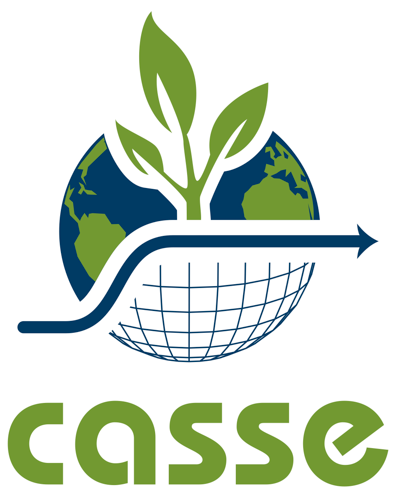
CASSE logo. Is there a more self-explanatory figure in sustainability circles?
Penning a 20th anniversary tribute for CASSE, the Center for the Advancement of the Steady State Economy, makes me at once proud, humble, and motivated. When you couple our iconoclastic mission with the fact that non-profits tend to fail within a few years, achieving the 20-year milestone is a proper matter of pride. Yet I am humbled by the immensity of the challenges before us and, admittedly, the seemingly modest effects of our work thus far.
We need not deeply ply our psyches for motivation, though. Along with our mission, we have a vision for real sustainability, so badly needed in the 21st century. And, while our staff is small, it’s never been more capable, competent, and effective. CASSE is focused, expansion is forthcoming, and promising days are ahead for “steady statesmanship.”
Let’s take a stroll down Memory Lane, veer onto Contemporary Boulevard, and head toward the horizon on Future Way. Surely we’ll find ample things to celebrate, contemplate, and actuate for ourselves and our allies.
Anniversary of What?
Demarcating the anniversary of a non-profit isn’t as cut-and-dried as it is for, say, a wedding anniversary. For example, CASSE was incorporated by the State of Virginia in 2004; 21 years ago. The first CASSE bylaws were finalized 22 years ago. Our name was conceived (at Cosi’s Coffee in Arlington, Virginia) 23 years ago.
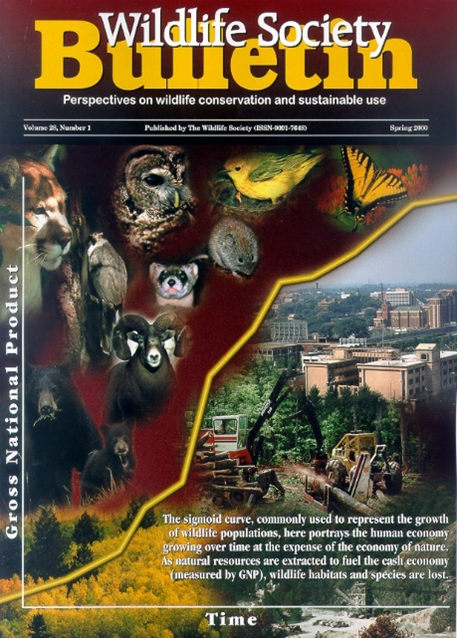
Front cover of the Wildlife Society Bulletin, first issue of the 21st century, launching a new era of steady-state economics in the natural resources professions. (The Wildlife Society)
Really, the roots of CASSE go back to a 1998 symposium of The Wildlife Society in Buffalo, New York. The resulting papers comprised a special section in the Wildlife Society Bulletin, formally engaging the natural resources professions in the topic of steady-state economics. It gave rise to many activities and events involving TWS, the American Fisheries Society, Society for Conservation Biology, International Society for Ecological Economics, and others, all building up to the formation and activities of CASSE.
We passed on earlier possibilities for celebrating a 20th anniversary. But this week we have one last opportunity. On February 2, 2005, the U.S. Internal Revenue Service officially designated CASSE a 501(c)(3) non-profit organization. So, you might say it’s our 20+ anniversary!
An Inconvenient Truth Meets an Unprepared Agency
Those early efforts in TWS truly did give rise to CASSE. I signed on at U.S. Fish and Wildlife Service (FWS) headquarters in 1999. My job as “conservation biologist” was instilled with ecological economics, especially the conflict between economic growth and biodiversity conservation. I felt this conflict was an extremely important and entirely overlooked aspect of conservation. I also believed that FWS had a crucial role to play in raising awareness of the conflict.
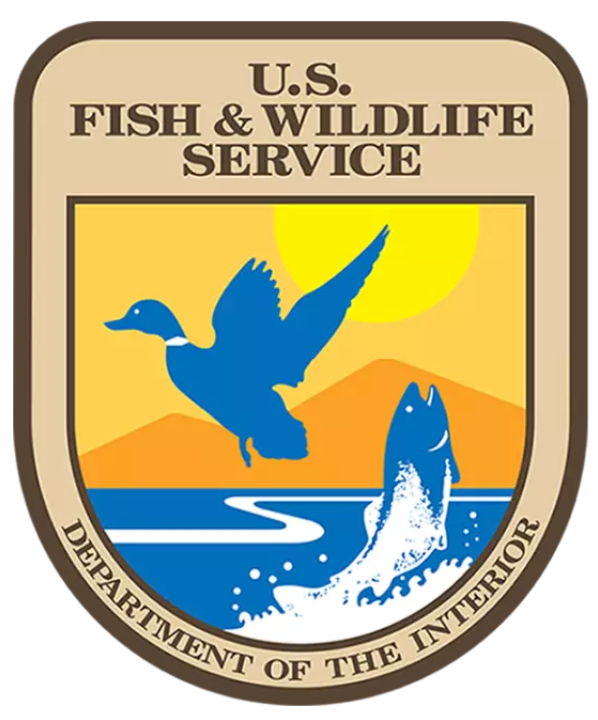
The U.S. Fish and Wildlife Service: Win-win rhetoric gave way to acknowledging the conflict between growth and conservation, at a steep price for some. (U.S. Department of the Interior)
By 2001, though, I found myself prohibited from writing or even talking about the conflict. Agency chiefs were wedded to the political rhetoric that “there is no conflict between growing the economy and protecting the environment.” Only two years into federal service, I was gag-ordered!
The gag orders were hard to take, because I had frequent invitations to speak and write, especially with Shoveling Fuel for a Runaway Train making the rounds. So, I established CASSE, which allowed me to wear another hat. I’d simply take annual leave from the government to give talks and write articles. (A concurrent affiliation with Virginia Tech allowed for a third hat at times, depending on venue.)
This isn’t the place to elaborate upon the song and dance between CASSE and FWS; that’s been done in Gag-Ordered No More: The 800-Pound Gorilla in the U.S. Government. However, for those who are curious about the origins and timeline of CASSE—the stuff of anniversary remembrance—a good half of CASSE’s existence can be described as exactly that song and dance. I hope the story will inspire truth-bearing civil servants (certainly more than this sleepy dog!) in future administrations to strike out with scientifically sound, policy-relevant non-profits of their own.
Good Days and Parting Ways
The conflict between growth and conservation was too hot to handle for FWS chiefs. Yet from the agency hallways I found key allies, one of whom became CASSE’s first executive director—indeed CASSE’s first paid employee—in 2007. Rob Dietz, a conservation planner, resigned from FWS to take on the CASSE role, and did an exemplary job for nearly five years.
CASSE was no longer a one-man band; we were a tag team operating half inside (via me) and half outside (via Rob) of the government. A fun, friendly, and savvy fellow, Rob successfully courted allies for CASSE and helped gain support for the CASSE position on economic growth.
The CASSE position itself was a byproduct of the TWS symposium in Buffalo. The conventional economists in TWS had been taken aback, and argued that there was no conflict between growth and conservation. They also expressed an attitude to the effect, “Leave the economics to us; no need for an ‘ecological economics’ in TWS.” That argument and attitude needed to change!
I put my findings on the conflict in the form of a professional position statement with “whereas” and “therefore” clauses for consideration by the TWS Council. I sought the imprimatur of Herman Daly, then near the peak of his popularity. We published another article in the Bulletin describing the conflict, explicating the position, and exploring the implications of a steady state economy. That position statement, generalized beyond a wildlife focus, became the CASSE position.
The CASSE position quickly became somewhat of a litmus test. Those who signed it could be counted on to support efforts in TWS, SCB, AFS, etc. to speak truth to power on the conflict between growth and conservation. As the list of signatories took on big names in conservation—Jane Goodall, E.O. Wilson, David Suzuki, Sylvia Earle and the like—the win-win claims of the neoclassical economists were gradually exposed as fallacious. It helped, too, that hundreds of “heterodox” economists also signed the position, including at least one Nobel Prize winner (Abhijit Bannerjee).
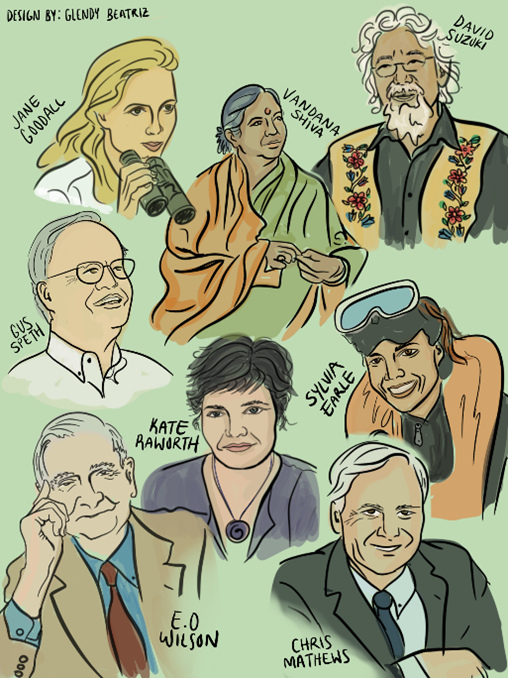
What do these conservation heavyweights have in common? All are CASSE signatories, as you can be. (Artwork by Glendy Beatriz, 2022 CASSE intern.)
With the likes of Rob Dietz, Herman Daly, and a long list of allies, I believe we gradually defeated the monopoly position that “there is no conflict.” We certainly did in the scientific, professional societies. In turn, Big Green has had to temper their win-win rhetoric. The Nature Conservancy, National Wildlife Federation, World Wildlife Fund, and others still have their “win-winners,” but they are not nearly as prominent or proactive as they were pre-CASSE.
Rob Dietz was active on many other fronts, whether tag-teamed with me or otherwise. A highlight of the tag-team approach was winning the FWS “Bold Ideas Forum” of 2011, a public forum designed to reinvigorate the National Wildlife Refuge System. At somewhat of a lull between gag orders, I put forth the idea for the agency to “raise public awareness of the trade-off between economic growth and wildlife conservation.” This proposal won in a landslide, which wouldn’t have been possible without Dietz as a networking operator.
CASSE won the Best Green Think Tank award from Treehugger in 2011. “Hooray for the underdog,” Rob wrote for the Daly News, the CASSE blog he managed for several years.
In 2012, Rob left CASSE for Oregon. However, he continued to edit the Daly News through 2014. He now serves as Program Director for the Post Carbon Institute, one of many CASSE allies in North America. Rob continued to advance the steady state economy with the book Enough is Enough (with Dan O’Neill) in 2013, the same year my own Supply Shock was originally published (and later reprinted by the Steady State Press).
Meanwhile, Daly’s assistance with TWS efforts carried over into the workings of CASSE, all the way until his passing. Always our top advisor, Daly also served on the CASSE board from 2010 through the early months of 2022. When Herman passed away later that year, CASSE lost its leading light. But by then, CASSE was firmly entrenched in the Dalyist tradition of steady-state economics.
Events, Activities, and Project Highlights
CASSE and its roughly 30 employees, 80 interns, dozens of chapter directors, and numerous volunteers over the years have been directly involved in hundreds of events and activities, plus tens of durable projects. Here I would like to note a few highlights beyond those noted above. I’ll shoot subjectively for the top ten, in no particular order:
Steady State Herald. “Original journalism, real sustainability” is the motto of CASSE’s blog (the successor to the Daly News since 2018), proficiently managed by Alix Underwood. The current article, somewhat analogous to a public service announcement, is a rare exception to our journalistic approach.
Steady State Economy Act, the lone legislative project toward establishing a steady state economy. Ahead of its political time, but assembled with currently relevant feeder bills. Stay tuned for core bills on fiscal policy in the next few weeks.
Keep Our Counties Great campaign, led by CASSE policy specialist Dave Rollo. Don’t miss the emphasis on “Keep.” Counties don’t need to be “made” great “again.” They need to be kept great, protected from the GDP bulldozer that ravishes the nature and culture of the county.
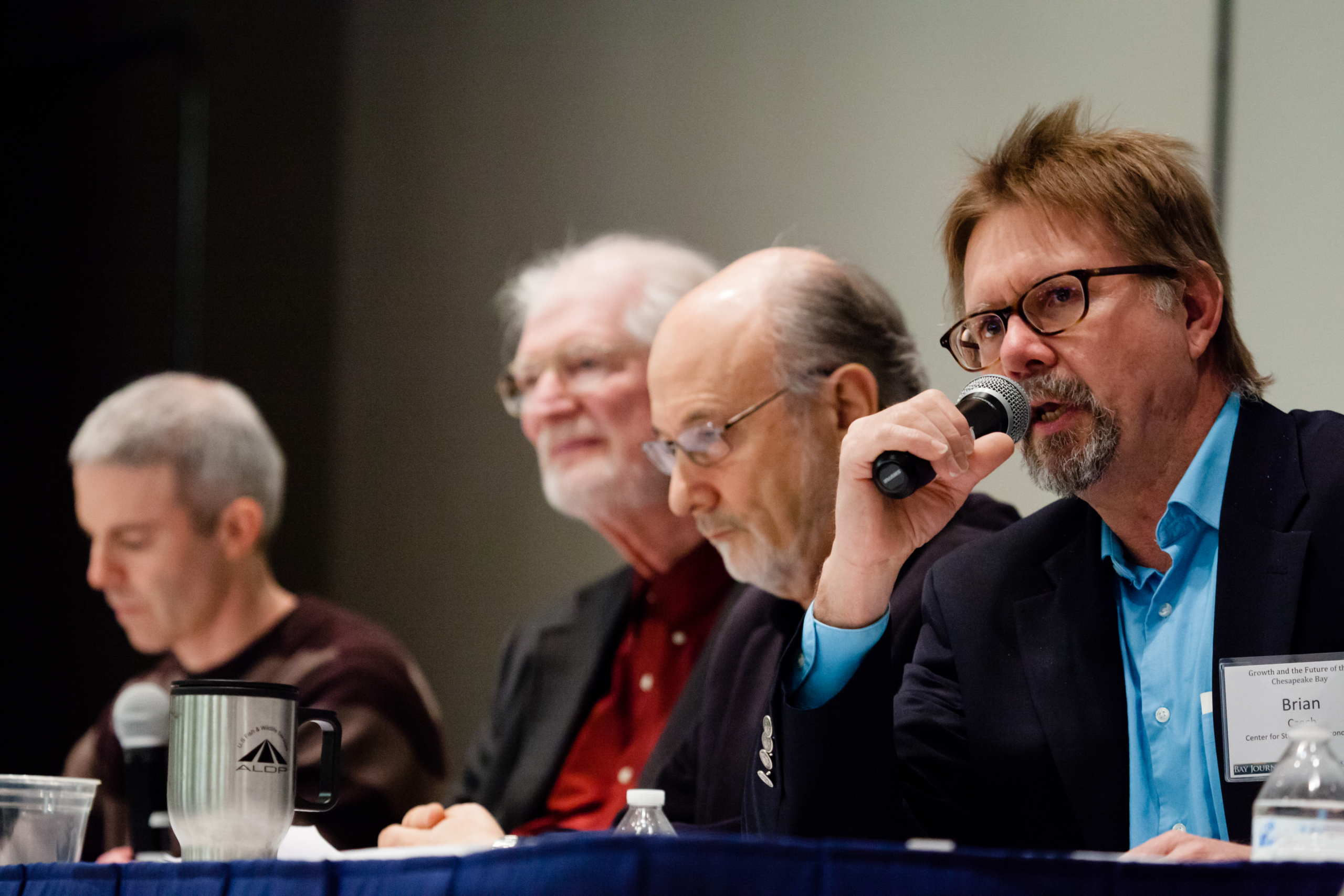
Addressing the 2015 conference, “Growth and the Future of the Chesapeake Bay.” Left to right: Rob Dietz, Herman Daly, Peter Victor, Brian Czech.
Harmony With Nature, an ongoing United Nations initiative sponsored by Bolivia. (Addressing the General Assembly and moderating the 2012 Harmony With Nature panel was a personal career highlight.)
Steady State Press. We manage each title with tender loving care—and due diligence. The Age of Humachines: Big Tech and the Battle for Humanity’s Future (by Michael D.B. Harvey) is hot off the press and constitutes a deep dive into AI, robotics, and the existentially threatening program of “humachination.”
Kyiv Communiqué, an effort to push back against the completion of the Nord 2 Pipeline, led by the Ukraine National Academy of Sciences. CASSE involvement was geared toward international recognition of economic growth (whether fueled by Nord Stream natural gas or otherwise) as an environmental impact pursuant to the Espoo Convention.
K-12 Steady-State Curriculum Development, funded by the Weeden Foundation and coordinated by Skyler Perkins (CASSE projects manager at the time).
Limits to Growth Game. Predating the K-12 project, and later dovetailing with it, the game has substantial potential for educating youngsters in a playground setting. CASSE intern Kayla Downs assisted.
Steady Stater Podcast. It’s been on hiatus for a while, but the 66 episodes we produced still provide fascinating, recorded dialog with hosts ranging from Herman Daly to Kate Raworth (a favorite episode) and even Chris Matthews (yes, the long-time host of Hardball).
Conferencing, webinars, and podcast participation are ongoing efforts and key activities for CASSE’s educational mission and organizational development. CASSE employees have spoken and networked at hundreds of conferences or online for the:
- American Fisheries Society
- American Political Science Association
- Canadian Association for the Club of Rome
- Eastern Economic Association
- Ecological Society of America
- European and North American Degrowth Conferences
- Institute on Religion in an Age of Science
- International Society for Ecological Economics
- National Council for Science and the Environment
- Society for Conservation Biology
- The Wildlife Society
- U.S. Society for Ecological Economics
This sprinkling of examples among domestic and international, policy and communications, temporary and ongoing projects reflects a broader CASSE strategy. While every ounce of our work is directly related to advancing the steady state economy, we stay nimble and go with the flows of academic findings, major events, politics, the news cycle, and of course funding. We work with individual philanthropists, public and private foundations, other non-profits, professional societies, colleges and universities, businesses, government agencies, and international colloquia (including the various degrowth groups). We never participate (unless to object) in projects incongruent with the CASSE position on economic growth, but that still leaves a vast umbrella to operate under.
Our funders are too numerous to list here, but perhaps not here. Starting out with the wonderful combination of funding, advising, and moral support, the Jack Santa-Barbara Family Foundation helped get us rolling. The Wallace Global Fund and the Weeden Foundation were early to steady-state philanthropy, too.
No funder has been as crucial to CASSE’s past, present, and near-future operations as the steady-state futurist, Peter Seidel. His support provided for my career rollover from the federal government to full-time with CASSE, along with a small but vibrant staff. We were proud to publish Peter’s final non-fiction book, Uncommon Sense, during his 92nd year on Earth!
Speaking of uncommon sense, I suspect our development specialist, Kali Young, would want us to mention that our books serve as membership gifts! If you’d like to see CASSE make it to a 30th Anniversary, please join us now!
Distinctive Positions Raise Unique Challenges
Other organizations provide some limits-to-growth messaging. Yet CASSE is still the only organization in the world dedicated explicitly to advancing the steady state economy as the sustainable alternative to growth. Our mission is rare and precious, providing a special case of diversity in the non-profit sector.
We have encountered relentless pushback against the CASSE mission in government, the non-profit sector, academia, and the media. The pushback is usually ham-handed and easily overcome, but sometimes is subtle and persuasive. This makes the CASSE mission extremely vulnerable to co-opting and dissolution.
Protecting the Dalyist tradition, I have retained lengthy, protective leadership on the Executive Board. My role as CASSE president and executive director will surely end, though, before the next major anniversary. Therefore, I am on the lookout for outstanding potential successors. The successor must not only be a great communicator, but must be able to talk shop on subjects like:
- The fundamentality—based in physics and ecology—of the conflict between economic growth and environmental protection.
- The systemic limitations of technological progress to reconcile the conflict.
- The relevance of GDP as a solid metric of ecological footprint and environmental impact, pursuant to the trophic theory of money.
May CASSE never venture out onto the slippery slopes of “green growth,” technological utopia, or ecomodermism. And let us never forfeit the economic policy arena to neoclassical economics, Dark Money, or Big Tech.

CASSE has managed for 20 years to steer clear of slippery slopes. (Effectiviology)
An outgoing President Biden chose one particular danger to warn Americans of: the “tech industrial complex” and its oligarchic tendencies. (It was as if Biden had read Humachines!) I’m not outgoing just yet, but I choose a particular warning to emphasize…
Beware the sustainability savant who claims that limits to growth may not, necessarily, manifest in limited GDP. This impostor is not a steady stater in the Dalyist tradition, but rather a green growthist in disguise. Just think: If the so-called “ecological economist” warns of limits, yet refuses to acknowledge limits to GDP, what really distinguishes them from the neoclassical economists spouting perpetual growth?
It has been an honor and a privilege to lead CASSE for two decades. I hope to be watching in retirement as CASSE celebrates a 30th anniversary in 2035. May the mission persist, the organization grow, and the steady-state message spread far and wide, starting in our households and ultimately landing in Congress, the Oval Office, and the United Nations!
 Brian Czech is Executive Director of CASSE.
Brian Czech is Executive Director of CASSE.
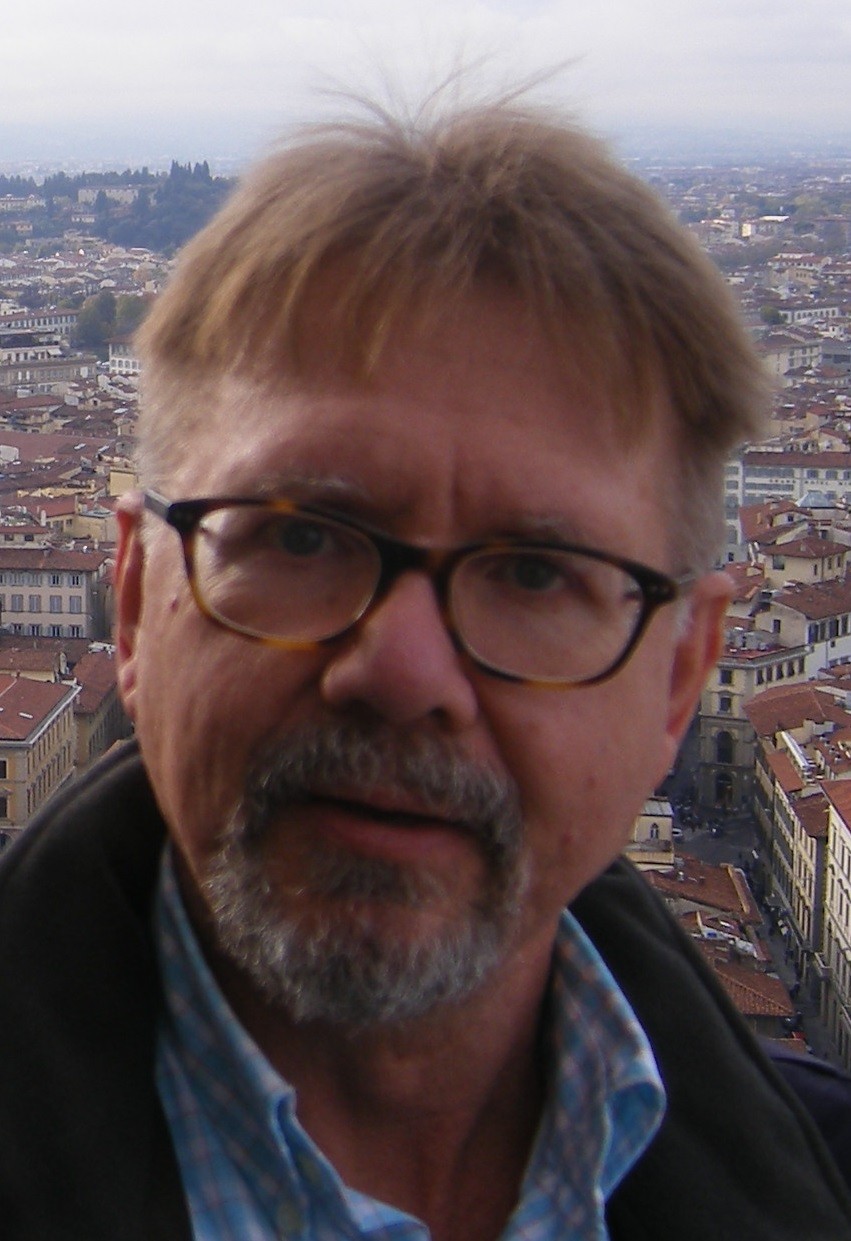
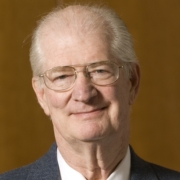
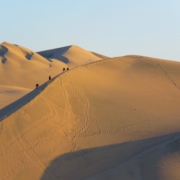



At CASSE, we are so grateful for our hundreds of friends, colleagues, and allies. These are folks that, in some way, have played a supportive role, helping us make it to our 20-year anniversary:
https://steadystate.org/acknowledgements/
We greatly appreciate our donors, too:
https://steadystate.org/donors/
THANK YOU ALL!